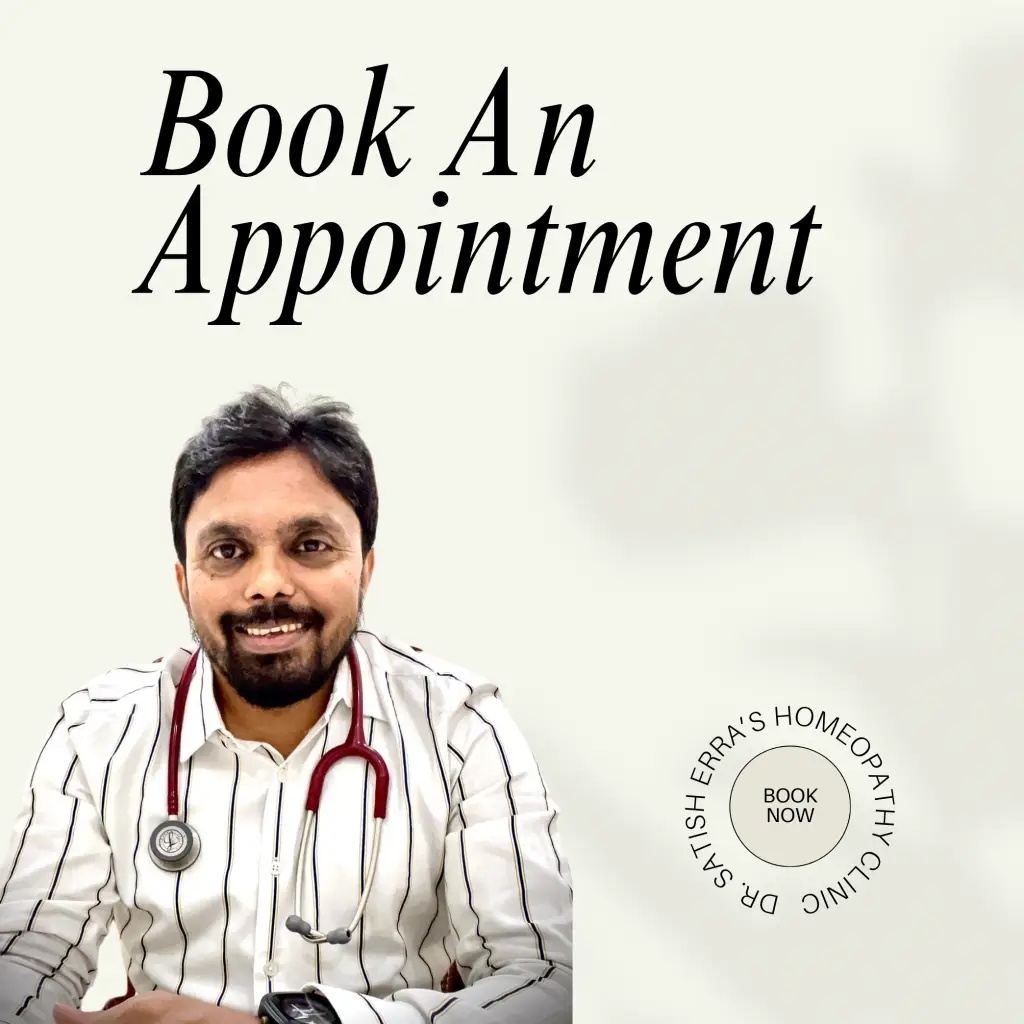Homeopathy Treatment for Varicose Veins: A Doctor’s Perspective
Varicose veins are a common yet often neglected vascular condition. Many patients approach a doctor only when pain, swelling, or visible twisted veins begin to interfere with daily life. From a medical point of view, varicose veins are not just a cosmetic issue but a sign of weakened venous circulation that requires proper attention.
As a homeopathy physician, I frequently meet patients who are advised surgery or laser procedures but are looking for a safe, natural, and long-term solution. Homeopathy treatment for varicose veins focuses on correcting the internal imbalance that leads to venous weakness, rather than offering temporary external relief.
What Are Varicose Veins?
Varicose veins develop when the valves inside the veins fail to function properly. These valves normally help blood flow upward toward the heart. When they become weak, blood starts pooling in the veins, leading to enlargement, twisting, and visible bulging veins, most commonly in the legs.
Medically, this condition is associated with chronic venous insufficiency and tends to worsen if left untreated.
Causes of Varicose Veins
From clinical observation, the most common causes include prolonged standing or sitting, family history of varicose veins, obesity, pregnancy, hormonal changes, lack of physical activity, and age-related loss of vein elasticity. Certain occupations that demand long hours of standing significantly increase the risk.
Understanding the cause is essential because effective treatment depends on addressing why the veins weakened in the first place.
Symptoms That Should Not Be Ignored
Patients seeking homeopathy treatment for varicose veins often complain of leg heaviness, aching or burning pain, swelling around the ankles, night cramps, itching, and skin discoloration. Symptoms usually worsen toward evening and improve temporarily with rest or leg elevation.
In advanced stages, skin thickening and venous ulcers may develop, which require careful and continuous medical supervision.
Why Many Patients Look for Varicose Veins Treatment Without Surgery
Surgical and laser treatments mainly address the visible veins but may not correct the underlying tendency for vein weakness. Many patients are concerned about recurrence, post-procedure discomfort, costs, and downtime. This is why interest in natural treatment for varicose veins through homeopathy has increased steadily.
Homeopathy offers a non-invasive approach that works from within and supports the body’s own healing mechanisms.
Homeopathy’s Approach to Varicose Veins
Homeopathy does not treat varicose veins as an isolated leg problem. It considers the patient as a whole, taking into account circulation, metabolism, lifestyle, and overall health. Treatment is individualized based on symptoms, disease duration, physical constitution, and associated complaints.
The goal is to strengthen vein walls, improve blood circulation, reduce venous congestion, and prevent progression of the condition.
How Homeopathy Treatment Helps
Homeopathy treatment for varicose veins works gradually but deeply. Patients often notice reduction in pain, swelling, heaviness, and fatigue in the legs. Over time, skin changes and discomfort also improve.
More importantly, homeopathy aims to prevent further damage and recurrence by correcting the internal weakness that causes varicose veins.
Homeopathic Medicines for Varicose Veins
There is no single best homeopathic medicine for varicose veins. Remedy selection depends on the nature of pain, appearance of veins, aggravating factors, and overall health. Medicines are prescribed only after detailed case evaluation.
Self-medication is not advised, as incorrect remedies may delay improvement or worsen symptoms. Always consult a qualified homeopathy doctor.
Lifestyle Support Along With Homeopathy
For effective and lasting results, homeopathy treatment is supported with simple lifestyle guidance. Patients are advised to avoid long hours of continuous standing or sitting, elevate legs when resting, maintain healthy body weight, stay physically active, drink adequate water, and avoid tight clothing around the legs.
These measures improve circulation and enhance the action of homeopathic medicines.
Can Long-Standing Varicose Veins Improve With Homeopathy?
Yes, but chronic cases require patience and consistency. Early-stage varicose veins respond faster, while long-standing cases show gradual but steady improvement. Even in advanced cases, homeopathy can help reduce pain, prevent complications, and improve quality of life.
The focus is on long-term stability rather than quick cosmetic correction.
Who Is Suitable for Homeopathy Treatment?
Homeopathy is suitable for patients with early or moderate varicose veins, those seeking varicose veins treatment without surgery, individuals with recurrent varicose veins, elderly patients avoiding invasive procedures, and people looking for a natural and holistic approach.
Doctor’s Perspective and Final Thoughts
From a doctor’s perspective, varicose veins should be treated early and holistically. Ignoring symptoms may lead to complications that become difficult to manage later. Homeopathy offers a safe, individualized, and effective option for managing varicose veins naturally.
At Dr. Satish Erra’s Homeopathy Clinic, treatment is focused on root-cause correction, patient education, and long-term relief rather than temporary symptom control.
If you are experiencing leg pain, swelling, or visible veins, timely consultation can help prevent progression and improve comfort without surgery.
Disclaimer
Results of homeopathy treatment may vary depending on the stage of disease, individual health condition, and adherence to medical advice. Always consult a qualified homeopathy physician for diagnosis and treatment.
